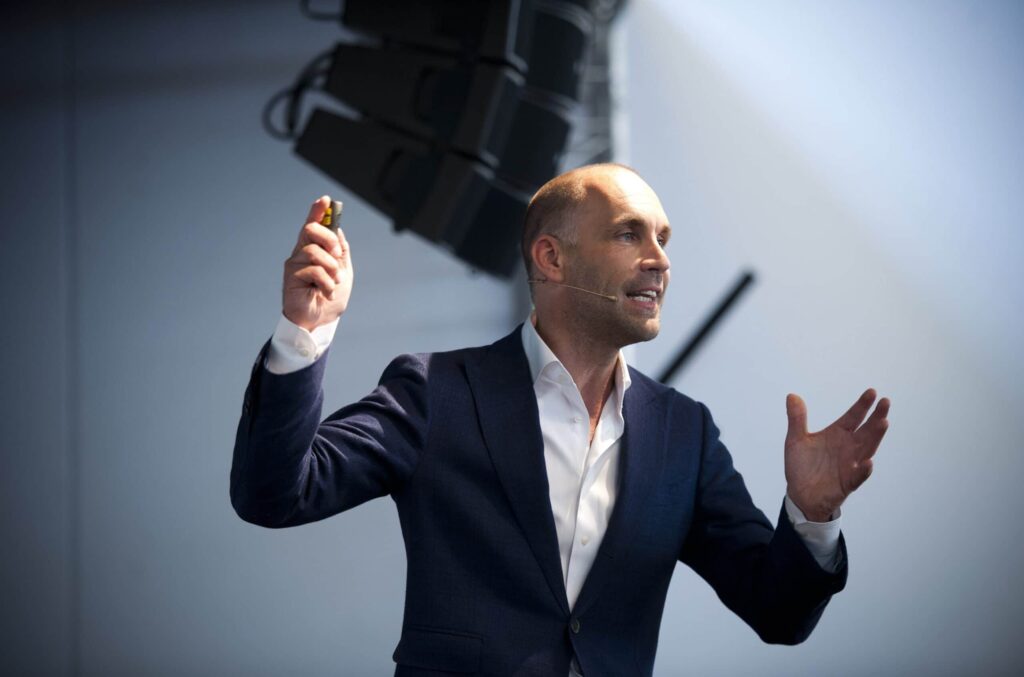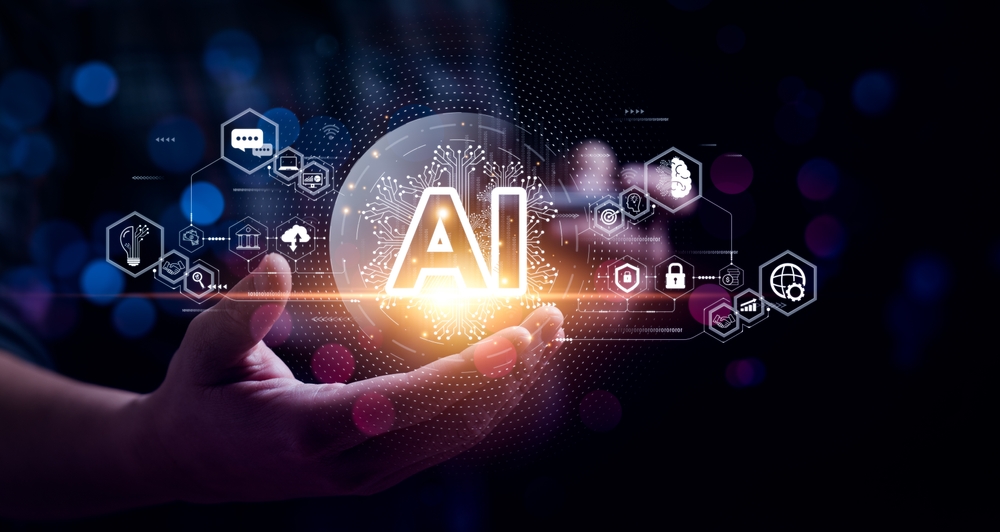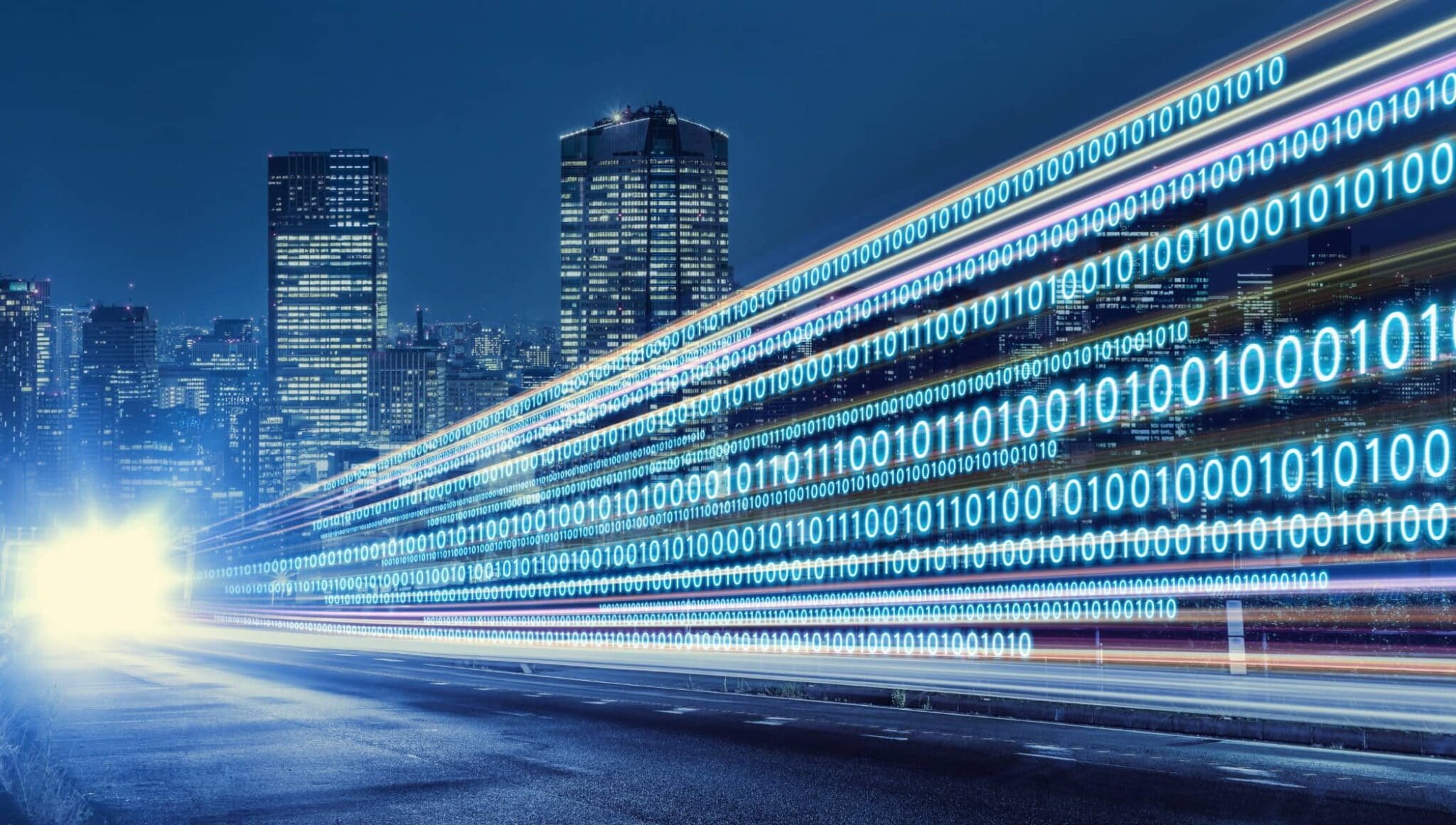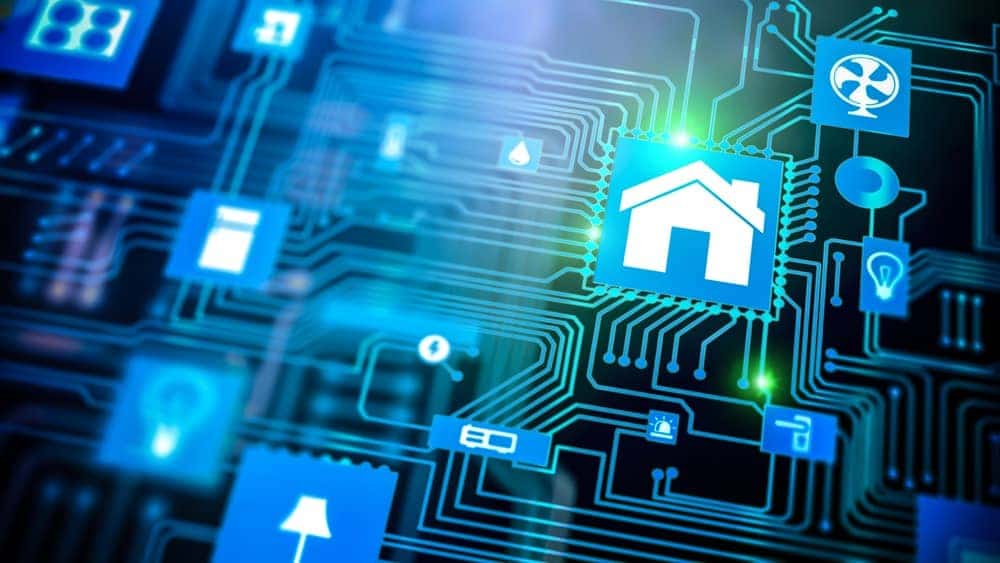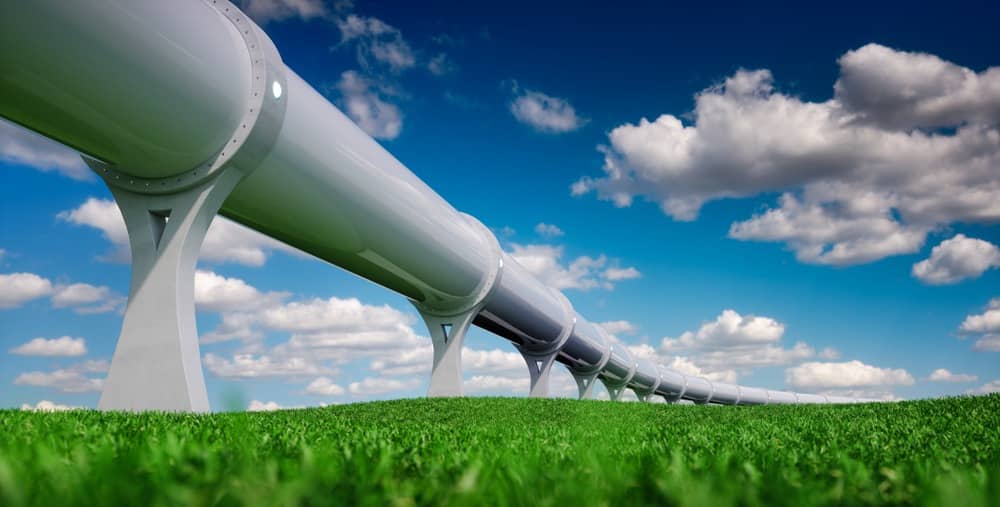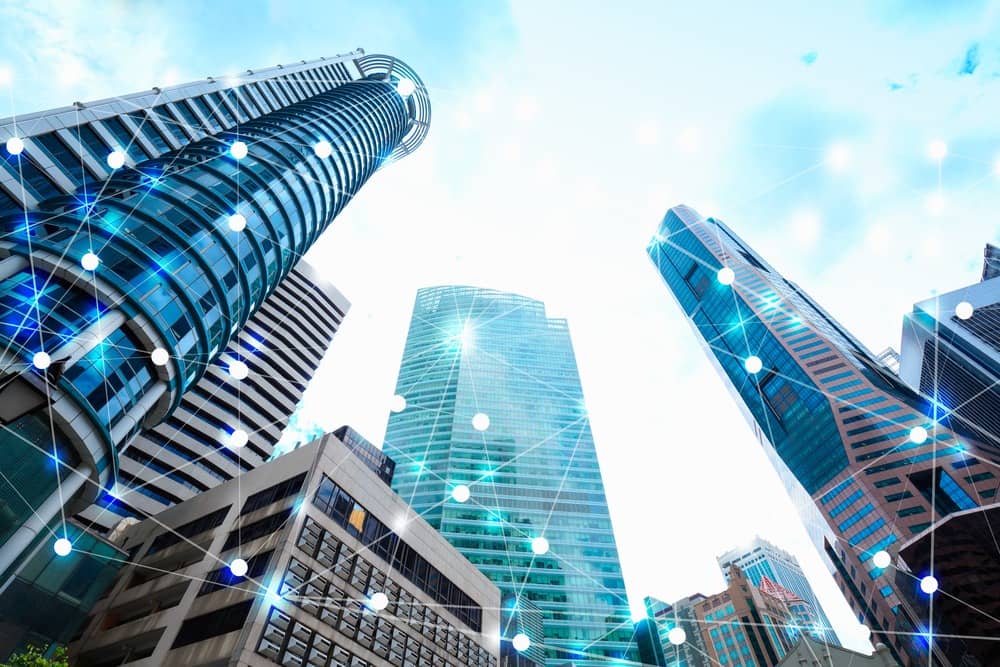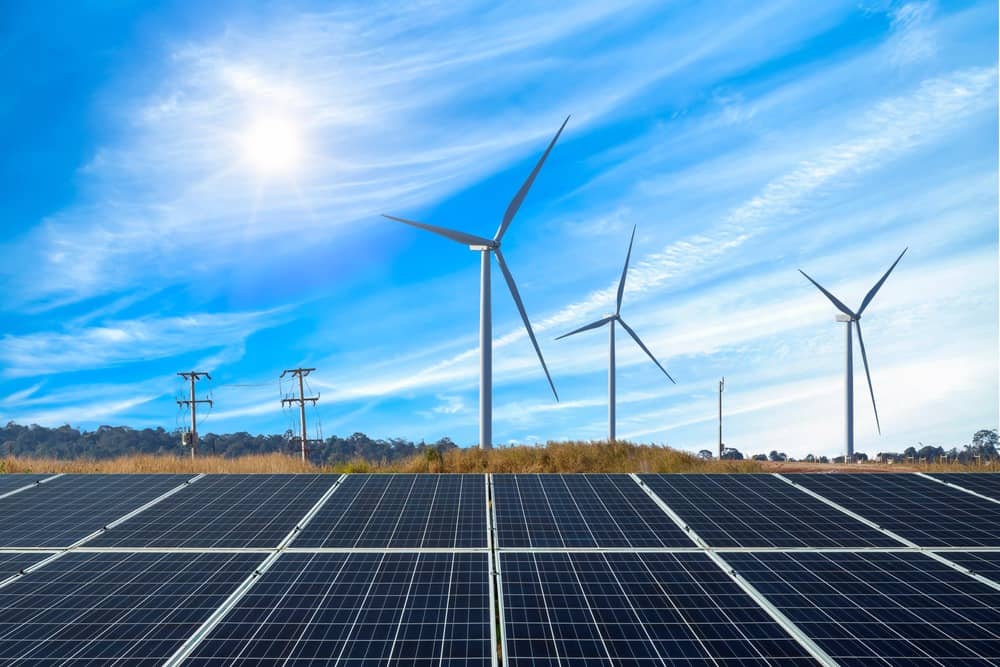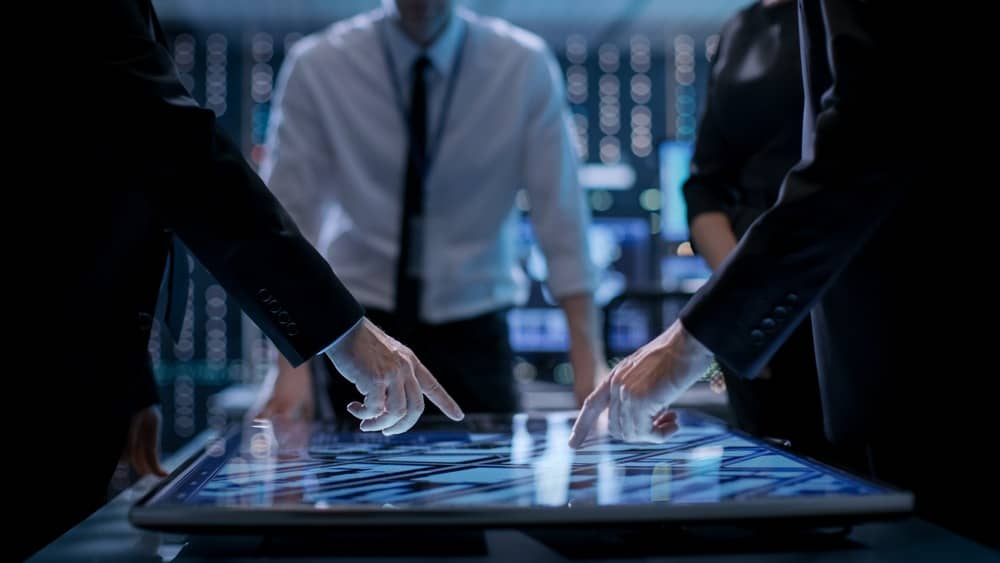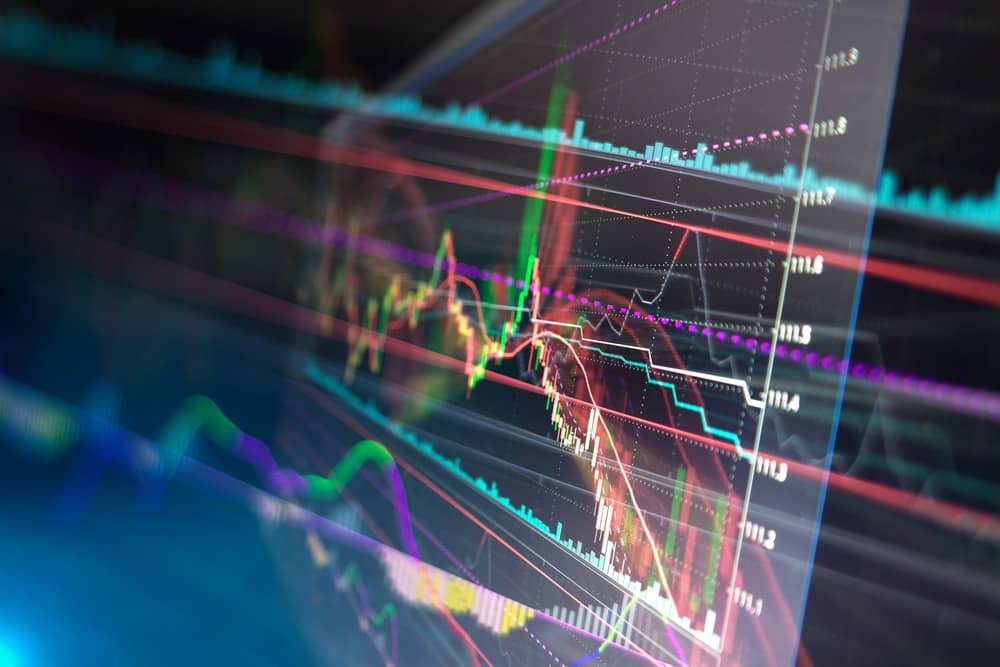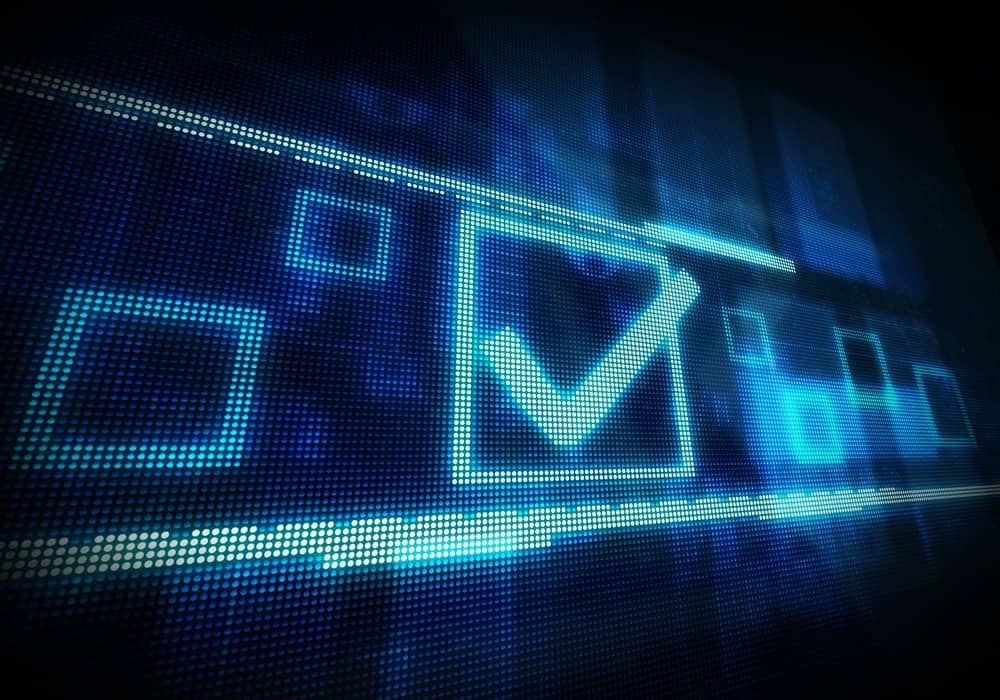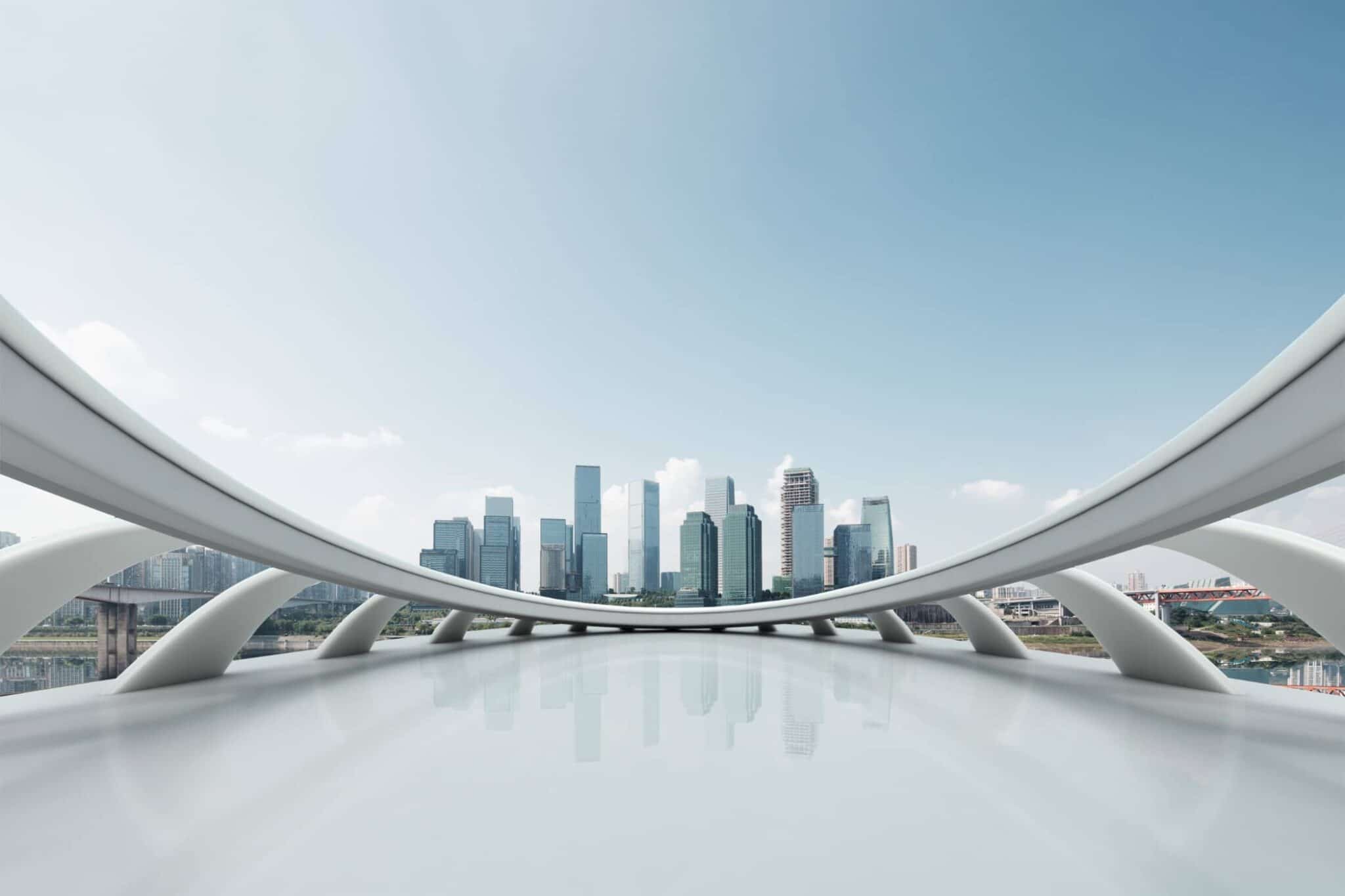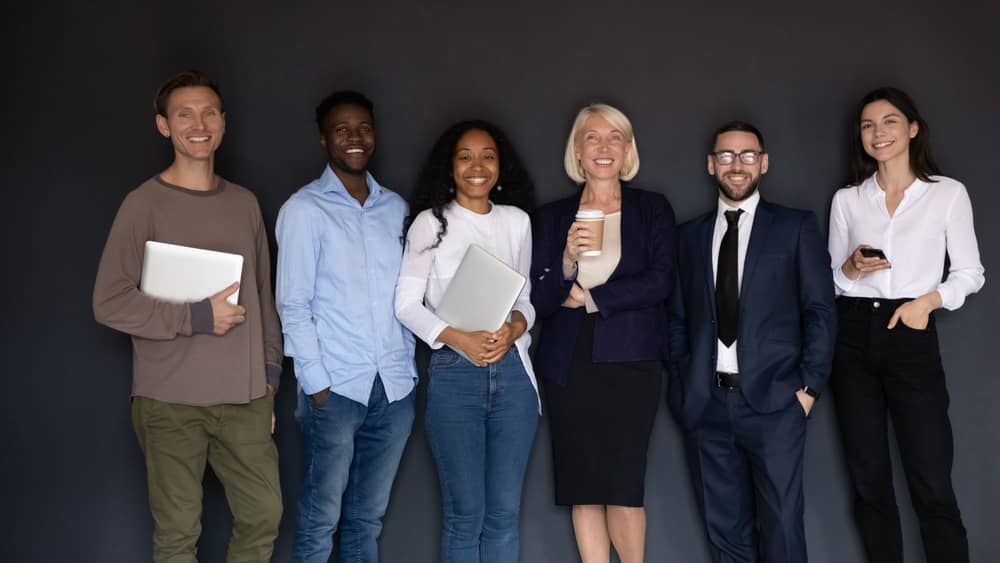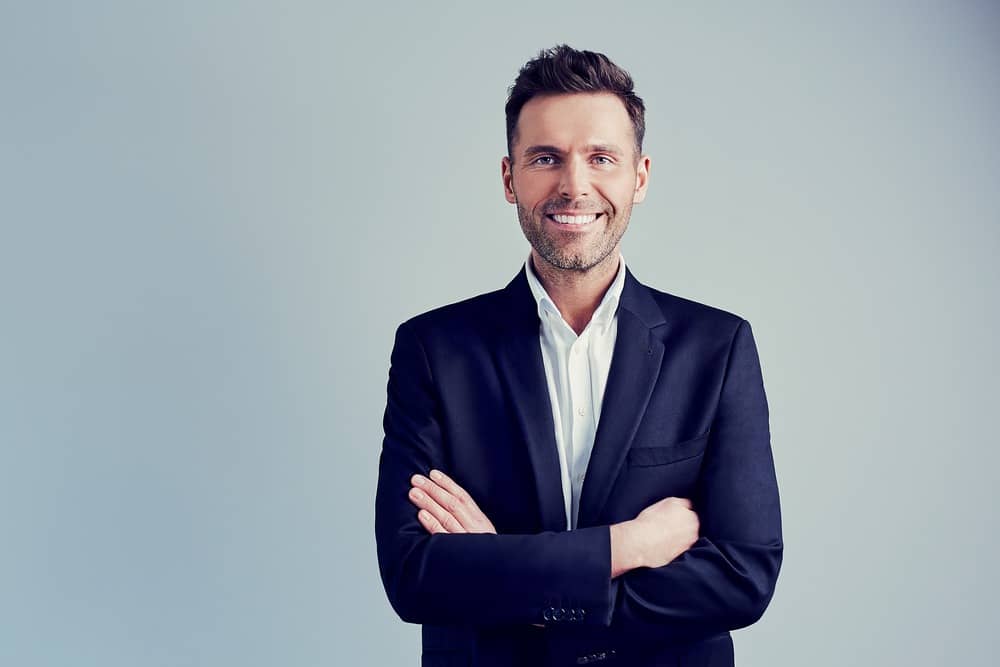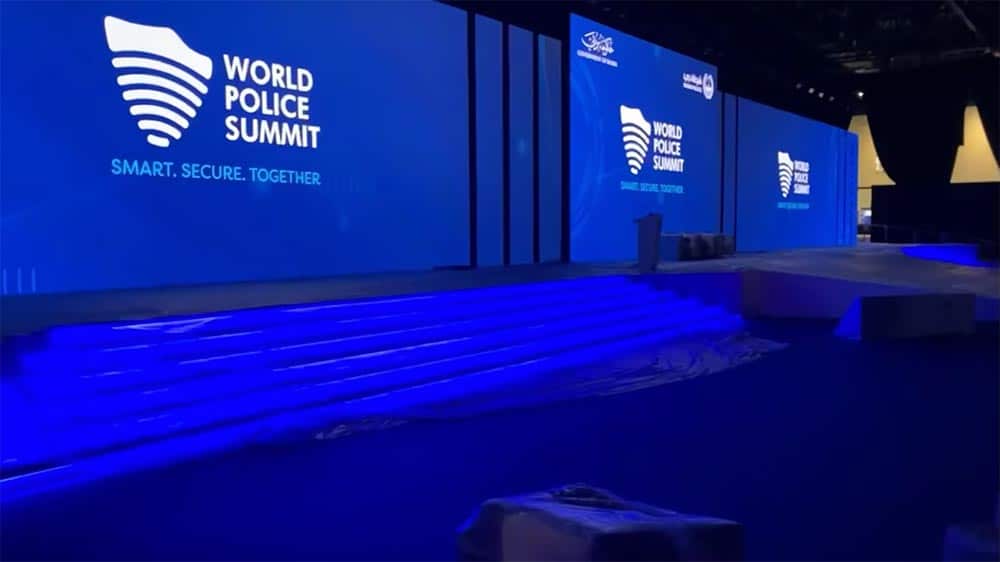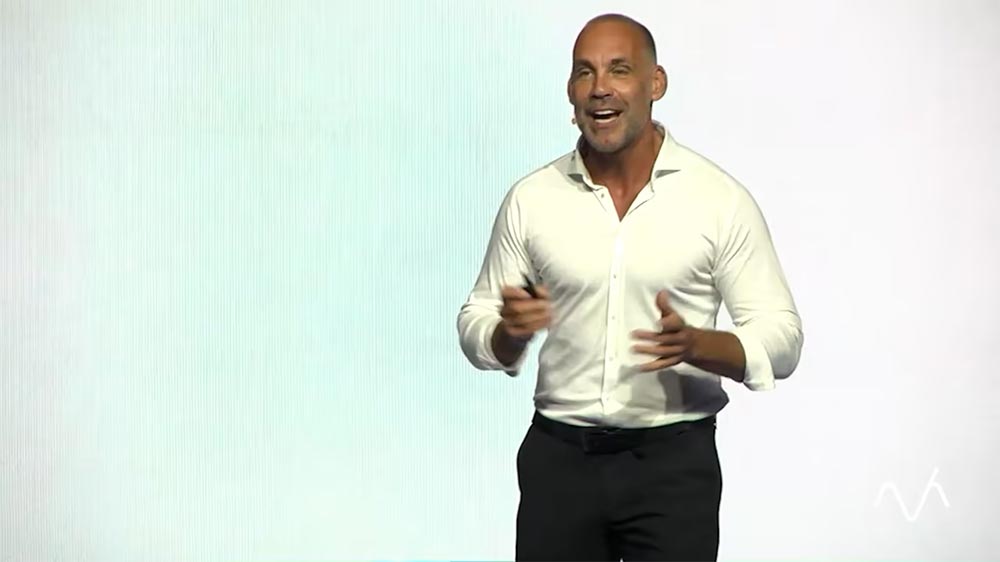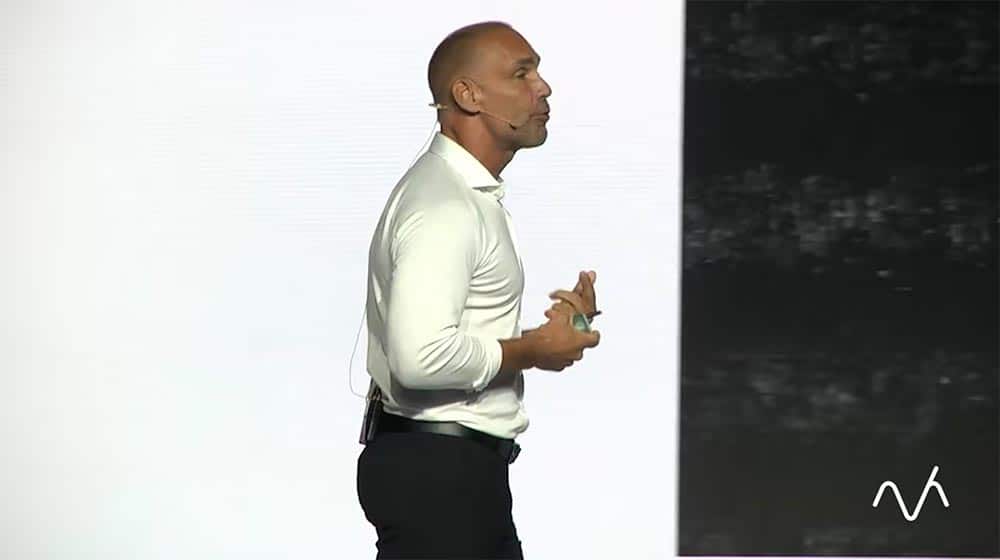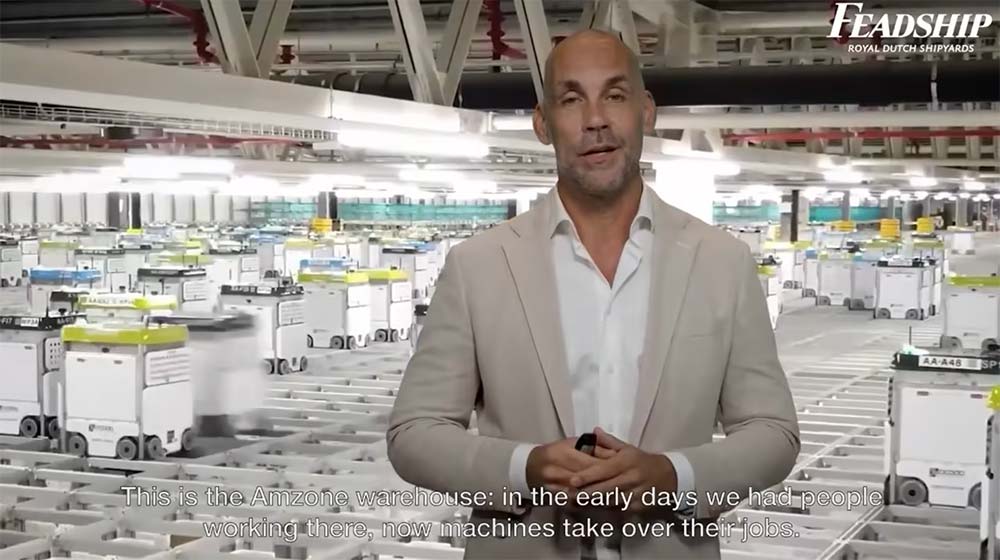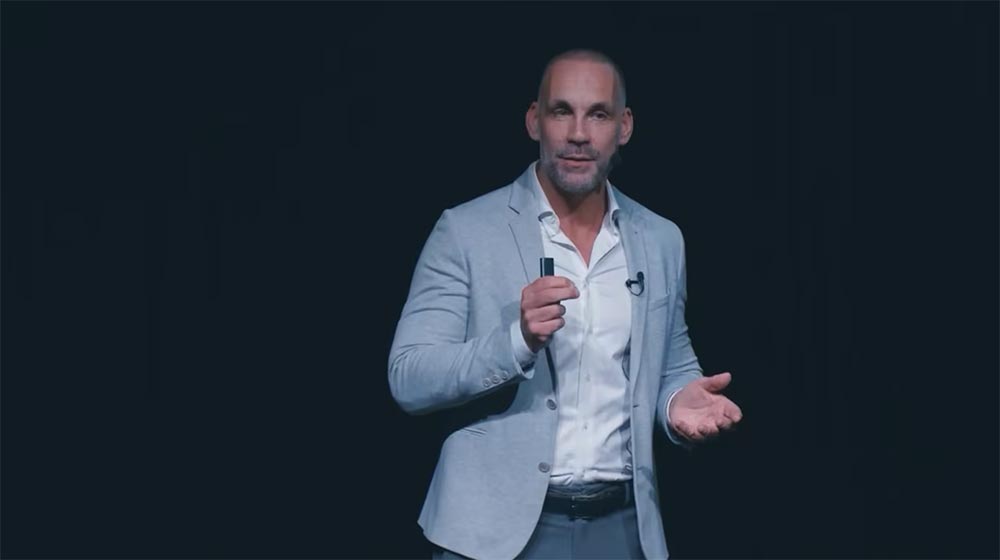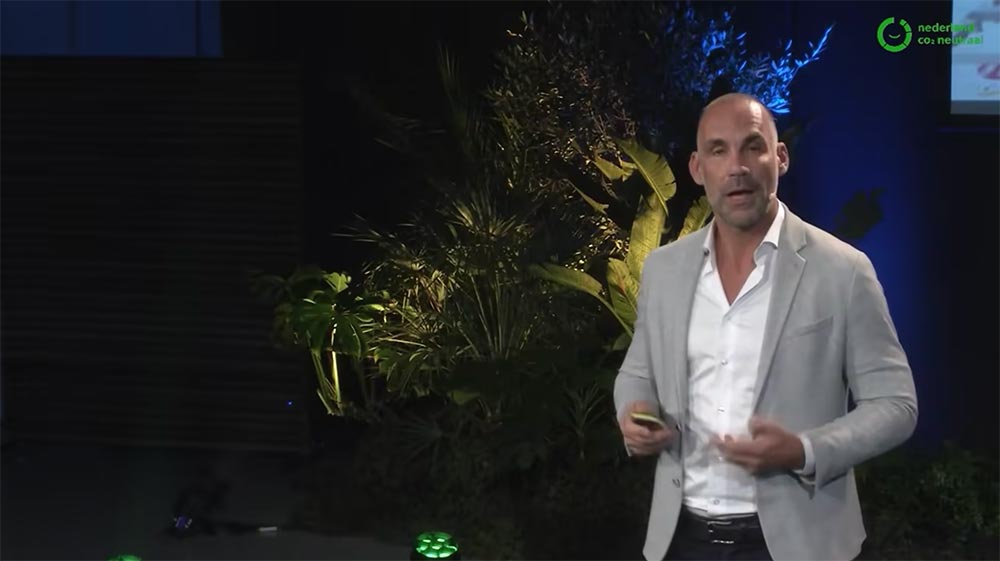Smart cities can be compared to human bodies – an intelligent organism, with technology being its nervous system, gathering sensory input and reacting to our needs. The smart city of the future will dynamically adjust its infrastructure and provide exactly what its citizens need. The IoT would be its eyes, ears and nose, with technology representing its nerve fibres.
The nourishment the smart city needs to function consists of real-time data, collected from people and devices and analysed to monitor and manage mobility, water supply networks, power plants, and waste disposal. In the smart city of the future we’ll see sensors everywhere, enabling responsive infrastructure, buildings and traffic systems that can react to changing circumstances in real time.
